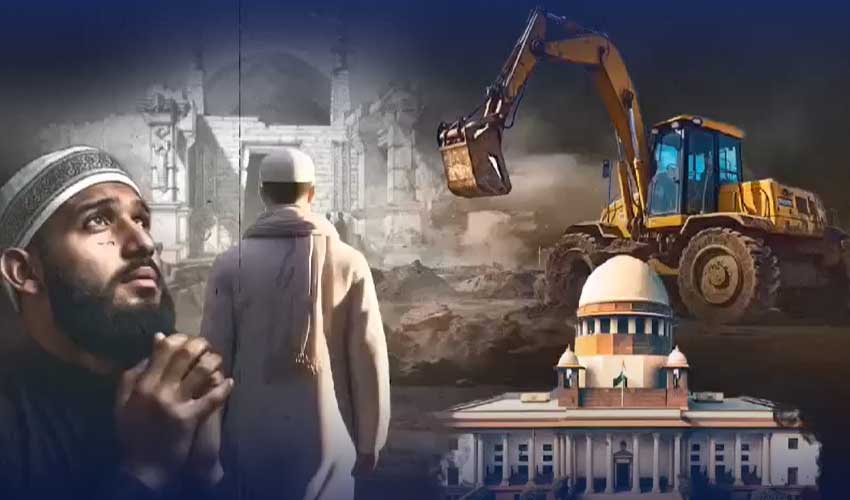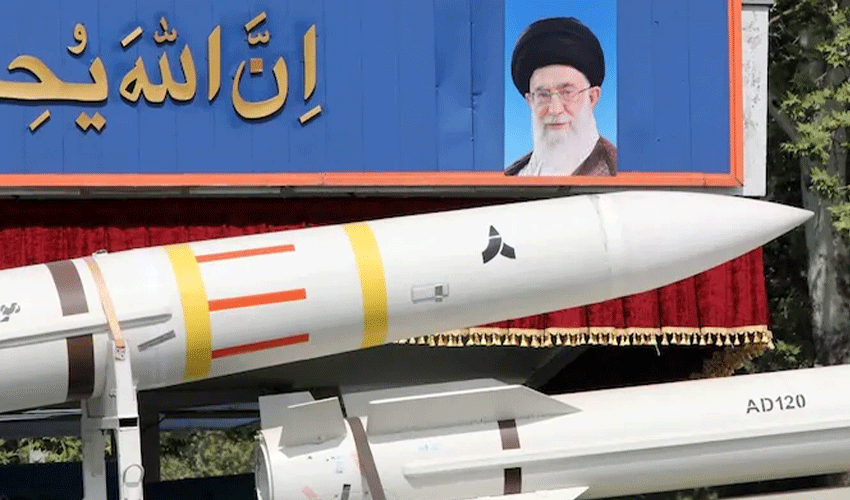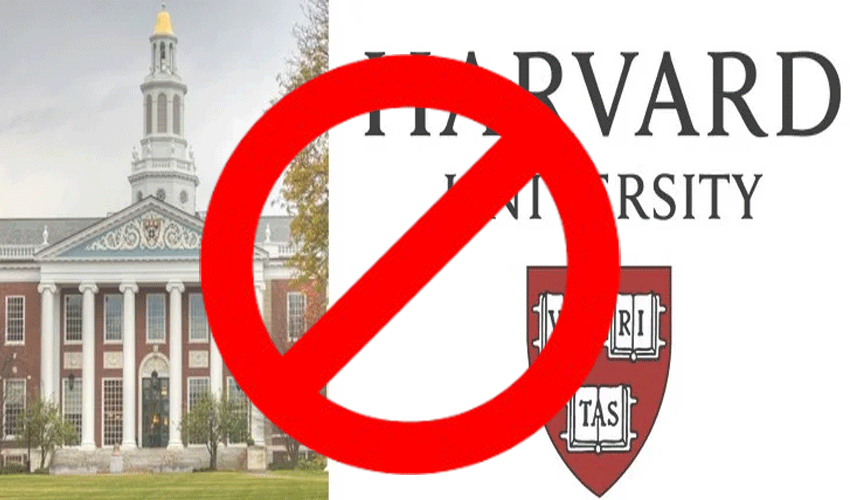The administration in Gujarat, India, has recently demolished several religious structures near the Somnath Temple, including a mosque, a cemetery, and a shrine. According to reports, the operation involved over 60 bulldozers and approximately 80 tractors, making it one of the largest demolition efforts in India to date.
Foreign observers note that the demolished cemetery was around 500 years old, representing both religious and historical heritage. The demolition near Somnath Temple is seen by some as an effort to promote Hindutva ideology in the area.
This incident is part of a broader trend under the current Indian government led by Prime Minister Narendra Modi. Since 2014, hundreds of mosques and other minority places of worship have reportedly been demolished across India.
Under #Modi's govt, rapid demolition of #Muslim places & #cemeteries continues.
— SAMAA TV (@SAMAATV) October 1, 2024
In #Gujarat, over 60 bulldozers were used to demolish a #mosque, #graveyard, and #dargah near Somnath Temple.
Foreign observers call this destruction of 500-year-old sites a #blow to both… pic.twitter.com/yaHxeAaBtz
The BJP government has previously attempted to declare several other mosques illegal and subject to demolition, including the Babri Masjid, Gyanvapi Mosque, Shahi Eidgah Mosque, and Masjid Mahammadiya. Yogi Adityanath, Chief Minister of Uttar Pradesh, has been noted as a prominent advocate for removing minority places of worship.
Critics argue that the BJP's third consecutive term in power indicates a decline in secularism and other democratic values in India. Concerns have been raised about the status of minorities, particularly Muslims, who face challenges to their political, social, and religious rights.
The ongoing demolitions have sparked debates about the protection of minority rights and religious freedoms in India, with questions being raised about the long-term implications for the country's diverse population.



























